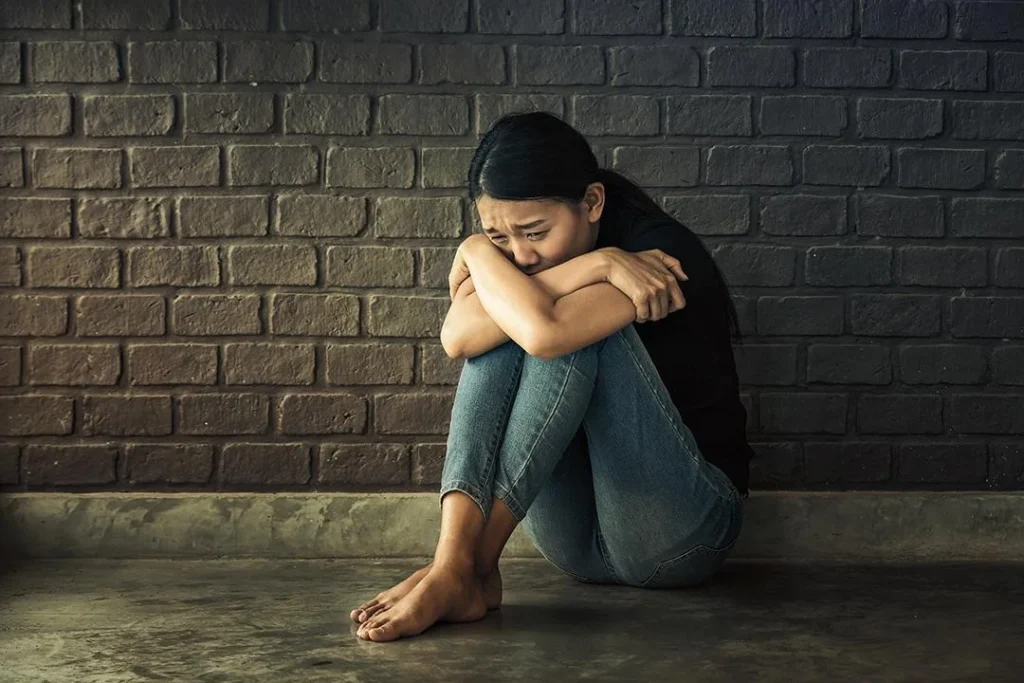Trauma Survivors: Learning About Memory and Repressed Memory
Have you ever attempted to remember an emotional portion of your history but couldn’t? You can have trouble remembering a big event that changed who you are. It’s not just random memory loss due to trauma; your brain is doing what it’s supposed to do: keep you safe. Trauma survivors don’t forget things because they’re weak or want to escape; it’s a strong psychological defense. It’s how your brain helps you get through things that used to seem impossible.
When The Mind can’t Handle The Pain
Trauma is too much to handle. A single scary experience or prolonged emotional suffering can overwhelm our nervous system. The brain could go into self-protection mode at certain times. The amygdala and other regions of the brain make people feel afraid. Some, like the hippocampus, which helps us organize and remember things, don’t work well. That might cause confusion, fuzzy recollections, or even complete blackouts, which is sometimes called memory loss from trauma.
The mind says, “This is too much right now,” in other words. Let’s put it aside for now.”
Occasionally, this kind of thing occurs right away. People often go on for years without understanding that a full chapter is missing from their experience. That may be terrifying. But it’s more prevalent than most people assume, particularly when it comes to childhood trauma and memory loss.
Dissociation: A Step Away from Reality
Do you ever find yourself standing on the sidelines of your life and simply watching things happen? Dissociation is what this is called. It’s typical for people who are trauma survivors, and it frequently has to do with repressed childhood memories that they don’t want to remember. Dissociation enables a person to “step out” of a circumstance that is too much for them to handle. Time may seem strange. You may not remember all that was said or done in a discussion. Your brain is saying, “Let me take care of the present until you’re ready,” even if it may seem strange.
This doesn’t mean that anything is wrong with you. The brain is doing everything possible to help you stay alive right now.
It’s Not about Denial
A lot of people want to know, “Is repressed memory real?” The quick answer is yes and no. There is still a lot of discussion over whether memories may be entirely forgotten and then remembered years later. But most of the time, it’s not complete suppression; it’s avoidance. There may still be signs of suppressed memories, but they could be broken up. But the brain doesn’t want to go back to it since it would hurt too much. That’s not denial. It’s about staying alive. Some people don’t even mean to do it. The avoidance occurs instinctively and without thinking about it.
A Natural Defense, Not a Flaw
It’s not a weakness to block out bad memories. It’s not a problem with your brain. In fact, it’s one of the most human things the mind can do. This is how it works: Your body transmits pain signals when you break your leg, but you could fall into shock so you can get to safety. The brain works the same way when it comes to emotions. It protects. It provides us time. Room. You can’t get well if you’re still in danger. So your brain stops working. Your brain may keep this pause going for years until you are ready to start healing again, both physically and emotionally.
What Healing Can Look Like
For others, mending means bringing or recovering repressed memories back. To heal, you don’t have to recall every little thing. Sometimes it simply involves learning to feel secure in your body again, and it’s important to trust yourself. This is really important for getting a good night’s sleep. Therapy may help those who want to learn more. Trauma-focused therapies like EMDR, IFS, and somatic therapy try to help people remember or unlocking repressed memories that they have forgotten without pushing them. It’s acceptable if not everyone remembers things they lost. The process of healing is not straight. It takes time, has many layers, and is very personal. It’s okay if certain memories come back abruptly and others don’t. Reading the best book about childhood trauma might pull you through this and helps you heal more smoothly and rapidly with steadiness.

Final Thoughts
You’re not broken if bits of your history seem like they don’t fit together. You’re looking out for yourself. And that’s courageous. With the correct help, the parts could come back together over time. Or they may not. Your narrative is still yours, and you may still recover.
The American-Palestinian author beautifully wrote down the art of healing in a memoir about trauma that is hailed as one of the best among the trauma healing books.
FAQs
Can trauma cause memory loss?
Yes. Trauma can disrupt how the brain stores and recalls information, leading to memory gaps, repressed memories, or difficulty recalling certain events.
How to remember repressed memories?
Repressed memories may surface naturally through therapy, journaling, or safe reflection. Work with a qualified therapist to explore them gently—never force recall, as healing should happen at your own pace.
Do I have repressed memories?
It’s hard to know for sure without professional support. Signs may include unexplained fears, gaps in memory, or strong emotions without clear cause.


